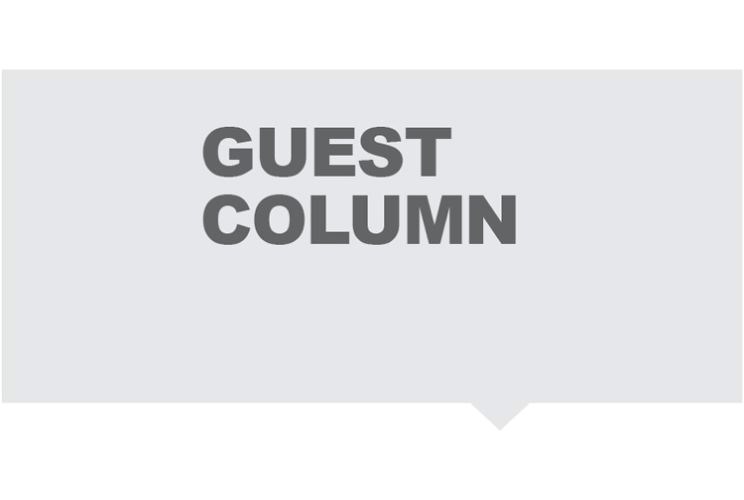Maryland Gov. Larry Hogan was in Iowa this week ostensibly on National Governors Association business. Hogan reiterated the message about his presidential prospects that he has been using for a couple of months.
'It currently makes no sense, with a president that has the kind of approval rating that he does in his own party," Hogan said. "Having said that, I've said things can change, and we don't know what it might look like a few months from now.
Variables such as the outcome of special counsel Robert Mueller's probe, Democratic talk of impeachment and the president's fluctuating political standing are all potential factors in his decision, Hogan acknowledged. In the meantime, he's taking things slowly.
It's not clear how far in polls of Republicans that Donald Trump would have to fall to induce Hogan to declare. It might be that the Mueller report or some other revelation pushes a significant number of Republicans over the edge, giving Hogan an obvious opening to declare.
But there is a chicken-and-egg problem here: until Hogan gets into the race and starts hammering away at Trump, he won't know how fragile Trump's support really is.
When Republicans tell pollsters they approve of Trump's performance, are they really saying, "I'm not giving Democrats and the media the satisfaction of saying I don't approve?" It might be more revealing to look at the "strongly approve" number, which separates the defensive Republicans (Don't tell me I was wrong!) from the ones who actually think he's swell. In the newest Quinnipiac poll, the "strongly approve" number among Republicans goes down to 67 per cent. That roughly correlates to other polling showing that a substantial percentage of Republicans (43 per cent in the recent Monmouth poll) would like Trump to face a primary challenger. In other words, unless and until Hogan is in there pounding away every day, Trump's numbers might remain high but "soft."
There could be other reasons for Hogan to wait awhile before announcing (e.g. avoid intense media scrutiny, attend to state and National Governors Association business, take time to put together a team), but he shouldn't wait all that long. It's not until Hogan gets in, has his cable TV town halls and starts appearing on cable TV shows that he's going to be taken seriously - and Republican voters might start thinking about changing horses.
Remember that Hogan would not only be bemoaning Trump's dysfunction, racism and meanness and offering a drama-free and scandal-free alternative to the besieged president; he also would attack from the right. Hogan will argue Trump has run up the debt. Trump is getting taken to the cleaners by foreign powers, Hogan can accurately say. Trump screwed up trade with a tariff war. And Hogan can point out that since the tax cut (which generated the huge deficits), Trump hasn't gotten much of anything done.
In short, Hogan might be right that the cumulative weight of investigations, a fading economy or the Mueller report will move Trump's numbers dramatically. He shouldn't bet on it, however. Trump's support might slowly bleed away, but Trump could very well remain on life support with his party until voters are given an alternative.
Finally, Hogan and Republicans should check out other numbers - the general-election polling figures. Trump currently loses to a whole bunch of Democratic candidates, and if and when former vice president Joe Biden gets in, Trump might look even worse in a head-to-head match-up.
As Republicans come to worry that Trump cannot win, there's a much better chance they will shop around - even if they tell pollsters Trump is doing fine.



